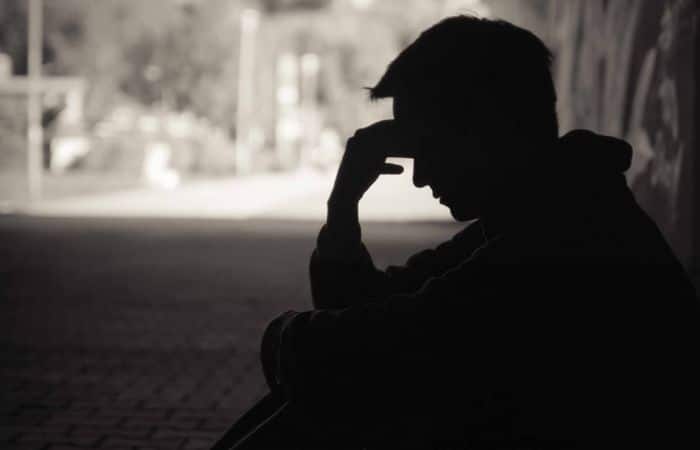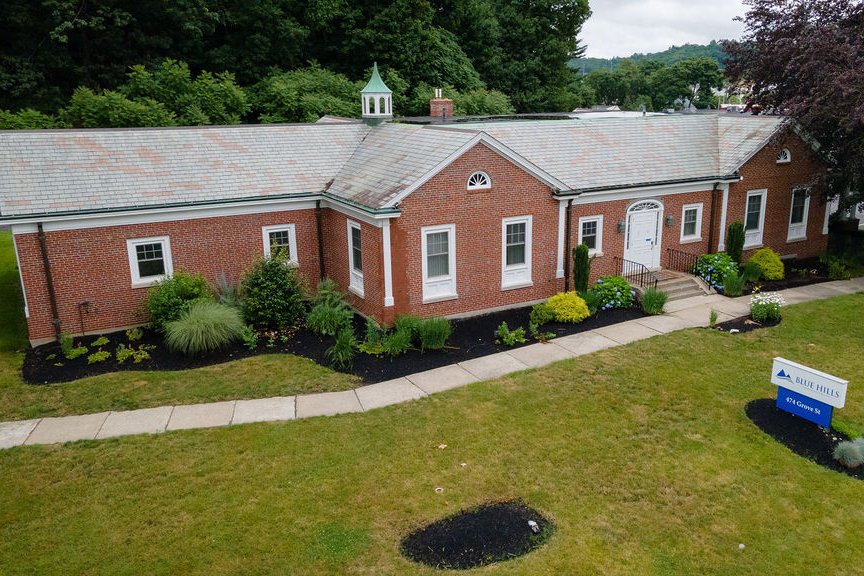
Most people think when people go through depression treatment it involves going to meet with a psychiatrist weekly for therapy sessions and taking prescribed medications. However, there is rehab for depression as well, even though it rarely comes to mind and many people don’t know of it. For most people when people think of rehab they think it’s exclusive to just substance abuse instead of other mental illnesses such as depression.
Weekly therapy sessions do make everyday life more manageable but rehab for depression can be a better treatment option in certain circumstances. Having the knowledge and awareness of the symptoms of depression can help you determine if a stay at a depression treatment center is the more suitable option for you in your situation with your mental health.
What Is Rehab for Depression?
Depression treatment rehab come in when support groups, talk therapy and psychiatric medicine are needed to help manage major depression. This is all important when a higher level of care is required in order to properly care for and treat depressed people.
Going into a rehab residential treatment facility for depression will help you focus on yourself in order to get better. It will help you manage your depression without the distractions of work, family, and personal obligations. You will receive access to support groups, counseling, and other additional resources as you would traditionally in an outpatient setting. However, being in an inpatient rehab facility is more like a home-like atmosphere where you’re surrounded by care 24/7 to help in your recovery.
It’s okay to not be sure if rehab is for you for your depression. Although, here are a few signs you may want to consider. Which could then possibly benefit you in having a more intensive therapeutic atmosphere.

1. Experiencing an Adverse Impact on Important Relationships
When experiencing feelings of hopelessness and anxiety it isn’t uncommon for personality changes to occur. When this happens it can strain your relationships. It can even make it hard for you to function day to day at home. When you are unable or nearly unable to function day to day it can create frustration for your loved ones. As a result, can make you more anxious and depressed making you withdraw even more. Therefore, the relationship continues to get damaged or even destroyed.
If depression is affecting your relationships and even your children. That you could be heading towards a breakup or divorce with your significant other. You may want to consider seeking depression treatment.
2. Struggling at Work
The quality of work can suffer when dealing with depression, and that can be more true if you are not satisfied with your job. You may find yourself not engaging in important work meetings and meeting deadlines as you used to. Perhaps you get passed up for a new promotion, or ultimately fired.
There are those who suffer from depression that is able to manage to operate just fine at work. They just show up. Although, calling in sick may be somewhat normal for them. Which can shorten their paycheck or eventually leave them with no job at all.
If you are finding yourself finding the momentum in getting work done or you’ve already been fired from your job, it’s important to consider getting help through depression treatment.
3. Using Drugs or Alcohol to Cope
There is a strong link between alcohol and depression. When there is a mental health illness and a substance abuse disorder it’s referred to as a co-occurring disorder.
Many people struggling with depression and anxiety, turn to alcohol and even drugs as a way to cope with the symptoms. Sadly, this self-medication on their part puts a temporary bandage on the problem. You may eventually become addicted, leaving you with not only a mental illness to combat but now also an addiction problem as well.
Making a separation between substance abuse and depression is a tedious task, oftentimes. That is why most patients have more success when they are treated simultaneously. Both their mental illness and substance abuse issues at the same time also known as dual diagnosis.
4. Normal Daily Activities Are Overwhelming
Normal daily tasks become more challenging, and challenging things are even more challenging. Which makes sense when dealing with depression.
Self-care falls down to the bottom of the to-do list, and soon you find yourself noticing you haven’t showered in days. You may begin to rely on fast food because you just don’t have the energy to cook a nutritious meal. Even getting out of bed in the mornings becomes nearly impossible.
If you notice that your world is turned upside down due to depression. Where it is impossible or nearly impossible for you to function. It may be time for a chance to get help from an infacility depression rehab center.
Coming into an infacility depression rehab center you won’t have to worry about a messy home or who is going to cook dinner. You can be in an environment that will help you heal and take care of yourself. Helping you to get back on your feet again. Remind you that you can better manage your depression and that depression doesn’t have to control you. You can get the proper help and support you need through various depression treatment options such as with what we have here at Harmony Health Group.
5. Thoughts of Suicide
If you have ideations or thoughts of suicide it is very important to seek immediate help and treatment at an inpatient facility rehab center.
Suicide ideation and actions on thoughts are classified as acute medical events that must be addressed immediately.
If you are having suicidal thoughts, the National Suicide Prevention Lifeline is available at 1-800-273-8255. You can also call 911 or go to your nearest local emergency room.
Receive Depression Treatment from Harmony Health Group
Harmony Health Group offers comprehensive care for those struggling with substance abuse and mental health issues, with facilities located in Florida, Massachusetts, North Carolina, New Jersey, and Tennessee. Our treatment programs address not only drug and alcohol dependency but also anxiety, depression, and other mental health conditions. By accepting insurance from major providers like Aetna, Cigna, Blue Cross Blue Shield, and United Healthcare, we aim to make our services accessible to many. Additionally, we provide private pay options for those without insurance, so you can discuss the cost of various treatments with us directly.
Our dedicated team is committed to guiding each individual towards lasting recovery through a combination of proven methods and personalized care. At Harmony Health Group, we believe that everyone deserves the opportunity to rebuild their lives and achieve mental health and well-being. Don’t hesitate to reach out and learn more about our diverse treatment options. Your path to a healthier, more fulfilling life starts with taking that first step, and we are here to support you every step of the way.
We are nationally recognized, accredited, and certified. Most insurances are also accepted. Call us now to speak with one of our friendly admission staff to answer any questions you may have about any of our depression treatment programs at (866) 461-4474.
